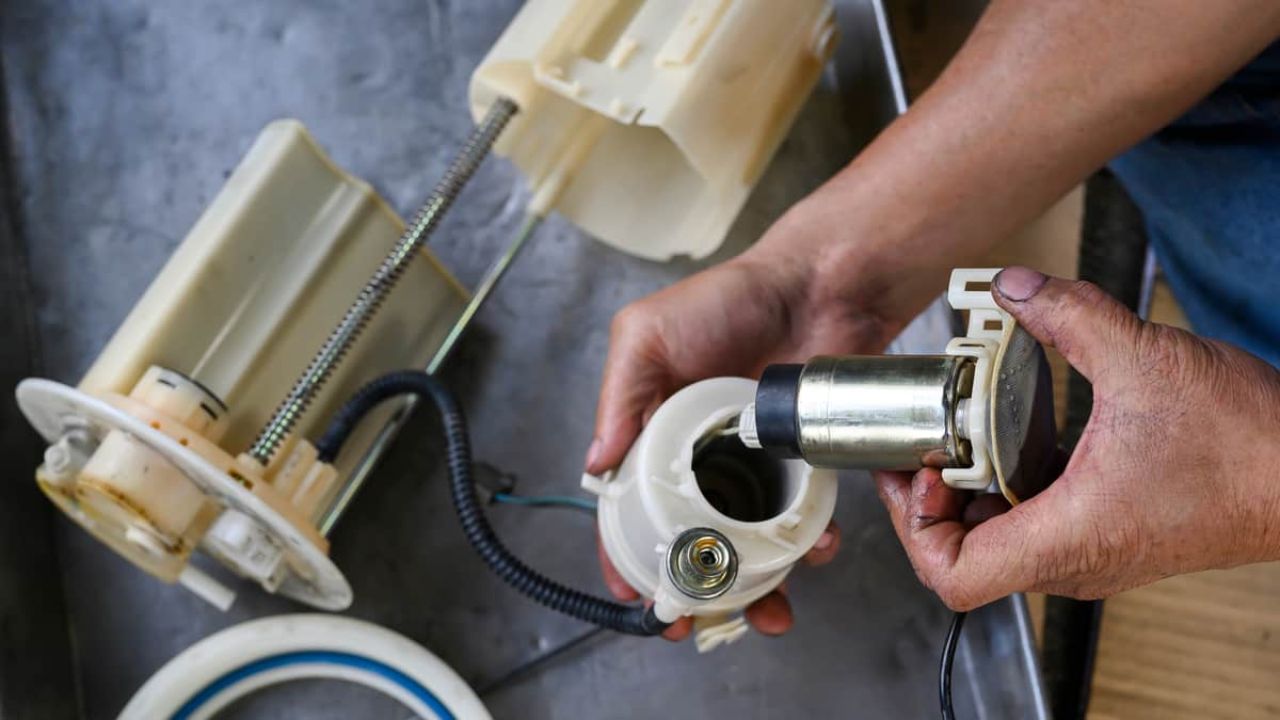The fuel pump is one of the core parts of a vehicle. It has the responsibility of pumping the fuel from the tank to the engine. It is mostly responsible for providing the engine with the fuel at the correct pressure and in the right proportions at a steady rhythm. A faulty fuel pump will result in several issues with the operation of the engine or at best the engine will not start. Let’s go now and explore the new fuel pumps for your vehicles. This is so that one is aware of when to replace the fuel pump to ensure the vehicle is running efficiently and does not break down.
Importance of Timely Replacement
Replacing a faulty fuel pump early is very important to prevent more harm to the vehicle. Failure to notice these signs can result in total failure of the pump and leave the vehicle immobile and other parts such as the fuel injectors or the engine may also be affected. Also, a faulty pump can affect the fuel rate and hence poor fuel economy and high emission rates, which are costly to the driver and damaging to the environment.
Point out these Problems with the Fuel Pump
Difficulty Starting the Vehicle
A fuel pump that is old and reaching its time when it should be replaced can cause a hard time in starting the vehicle. It may turn over and over again but fail to start because fuel is not getting through to the vehicle. The problem is usually periodic at first but may progress to chronic after some time has passed.
Noise in the Fuel Pump
There is a whining or buzzing noise coming from the fuel tank. A certain level of noise is expected in any system but if there are loud or unusual noises, then perhaps the pump is under some sort of stress or is not working as it should.
Load Drop/ Sags
In case of poor power during acceleration, while climbing hills, or with a load, the fuel pump is possibly bad. This happens because the pump cannot produce the extra fuel required for these conditions of high demand.
Identifying Fuel Pump Problems
To confirm a fuel pump issue, several diagnostic steps can be taken:
Fuel Pressure Test
Checking the fuel pressure with a gauge indicates whether the pressure is within the manufacturer’s recommended level. Pressure readings below or fluctuating, suggest an issue with the pump.
Electrical Testing
Electrical faults could be the cause of the fuel pump problem. It is advisable to check the voltage and current at the fuel pump. A faulty pump may cause a higher current to be pulled or the supply voltage to be low.
Fuel Filter Inspection
At some point, a fuel filter can become blocked and this may resemble the signs of a faulty fuel pump. Cleaning and/or replacing the fuel filter if needed will allow one to determine the true culprit of the problem.
Conclusion
There are symptoms of a faulty fuel pump and knowing the right time to replace it can save a lot of discomfort and guarantee the vehicle’s efficiency. Read on to learn how to diagnose and fix problems involving fuel pump issues before they become costly problems. Paying attention and frequently checking the fuel system of a vehicle is very important if one wants to have the fuel system last longer.
